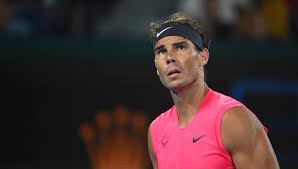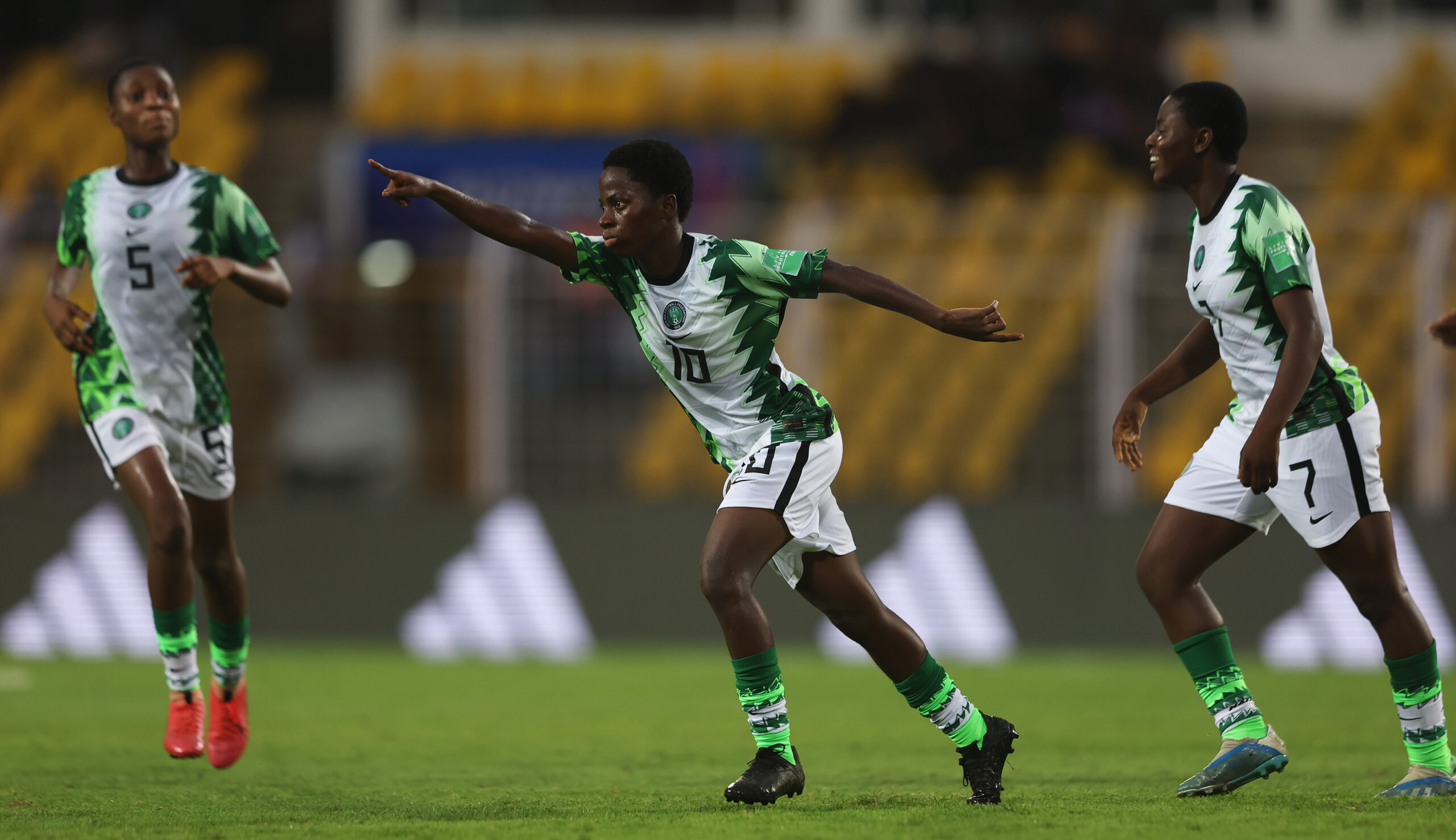After lifting his thirteenth trophy at Roland Garros, Rafael Nadal took some time to decide what to do during the rest of the season. It was also not excluded that he would give up playing after only two tournaments played since the resumption of the Tour, both by virtue of the opportunities granted by the current (and for some generous) ranking rules, and for the historically not excellent results in the last two major events of the season.
Not to mention that the quarantine to be able to enter Australia will oblige tennis players to leave early. Recalling the French Open final, Rafael Nadal gives an insight into why he never lets his guard down during any match and how he developed this habit.
Nadal also says how having a stable base in Mallorca where he lives a normal life has helped him continue his career.
“I will tell you one thing: the way tennis scoring works is very difficult.
After that 6-0, many thought (were sure) that I would beat Novak (Djokovic) and nothing is further from the truth. That 6-0 was very misleading, because the level of one (player) and the other was not of a 6-0. You cannot continue playing believing that you have defeated him” – Rafael Nadal said.
The Spaniard explained that his mindset doesn’t change when the situation is reversed and he loses the first set. “And sometimes, when it is the other way around, when the one who loses is me, whatever the result, I think the same and start the next set thinking that the match starts again,” Rafael Nadal says.
“The most important thing when you are on the court is not to stop giving yourself opportunities, never lower your arms, because you can improve, inspiration comes to you, the opponent can fail, you can relax… if you mentally lower your arms or lose your confidence, then it is impossible to recover.”
Nadal credits his long career to having a stable base in Mallorca. This is where the legend tries to live an ordinary life with his family and friends. “When you live a normal, ordinary, stable life, it is easier for, on an emotional level, that stability to help you on the court.
Sport cannot be separated from life. If I had gone to live on the other side of the world, separated from my family, friends and loved ones, I would have suffered and dragged that emotional wear on the court. The fact of not having separated myself from my usual environment, since I was a child, has helped me to have a longer career.
I have done everything my friends have done, beach, parties, sports, but less time, of course. That emotional stability, that normal, simple daily life, has also helped me keep my feet on the ground and not go crazy when I won or see everything negative after a defeat.”













